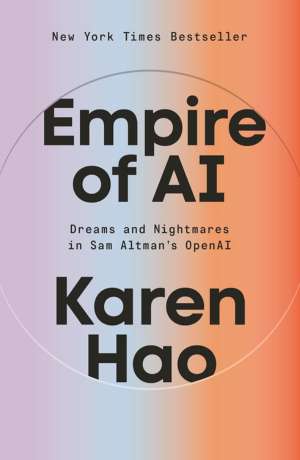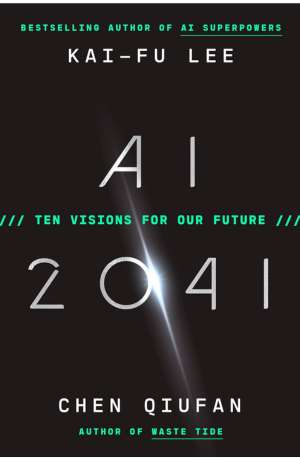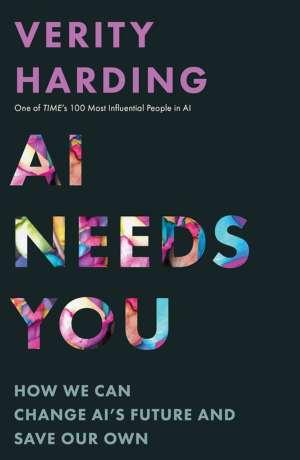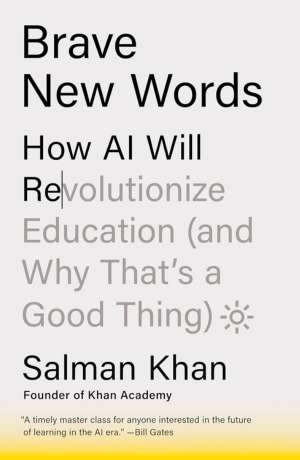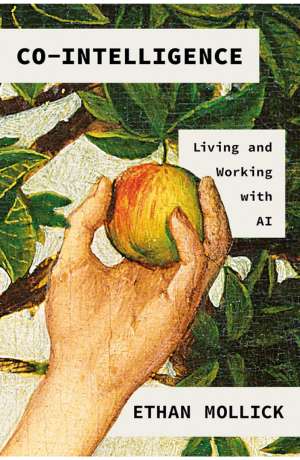Artificial Intelligence is a field focused on creating machines that can mimic aspects of human thinking, and while its growing presence offers many promising possibilities, it also raises a number of concerns and challenges that society will need to navigate. This book list navigates what AI is while exploring some of the benefits and downsides of the rise of its popularity.
From a brilliant longtime AI Insider with intimate access to the world of Sam Altman’s OpenAI, an eye-opening account of arguably the most fateful tech arms race in history, reshaping the planet in real time, from the cockpit of the company that is driving the frenzy.
In a groundbreaking blend of science and imagination, the former president of Google China and a leading writer of speculative fiction join forces to answer an urgent question: How will artificial intelligence change our world over the next twenty years?
Artificial intelligence may be the most transformative technology of our time. As AI’s power grows, so does the need to figure out what—and who—this technology is really for. AI Needs You argues that it is critical for society to take the lead in answering this urgent question and ensuring that AI fulfills its promise.
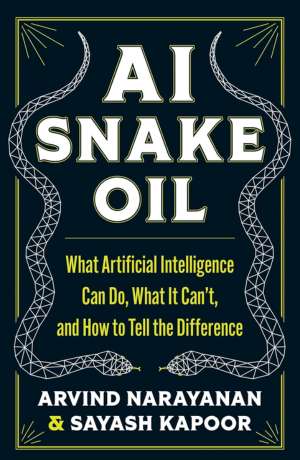
In AI Snake Oil, computer scientists Arvind Narayanan and Sayash Kapoor cut through the confusion to give you an essential understanding of how AI works and why it often doesn’t, where it might be useful or harmful, and when you should suspect that companies are using AI hype to sell AI snake oil—products that don’t work, and probably never will.
Whether we like it or not, the AI revolution is coming to education. In Brave New Words, Salman Khan, the visionary behind Khan Academy, explores how artificial intelligence and GPT technology will transform learning, and offers a road map for teachers, parents, and students to navigate this exciting (and sometimes intimidating) new world. But Brave New Words is not just about technology—it’s about what this technology means for our society, and the practical implications for administrators, guidance counselors, and hiring managers who can harness the power of AI in education and the workplace.
In Co-Intelligence, Mollick urges us to engage with AI as co-worker, co-teacher, and coach. He assesses its profound impact on business and education, using dozens of real-time examples of AI in action. Co-Intelligence shows what it means to think and work together with smart machines, and why it’s imperative that we master that skill.
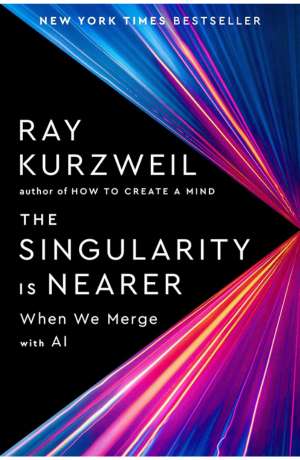
This successor to The Singularity Is Near explores brings a fresh perspective to advances in the singularity that, in the near future, will bring a revolution in knowledge and an expansion of human potential. Discussed are nanobots; life extension beyond age 120; declines in poverty and violence; and growth of technologies that can be applied to everything from clothes to growing human organs. Kurzweil also considers potential perils of biotechnology, nanotechnology, and artificial intelligence, such as how AI will impact unemployment, the safety of autonomous cars, and “After Life” technology, which will reanimate people who have passed away through a combination of data and DNA.
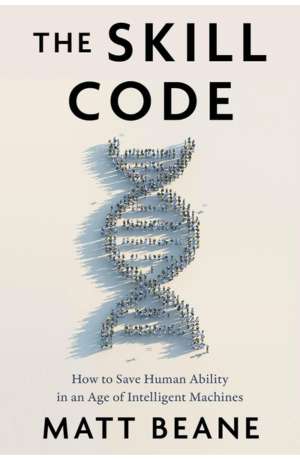
One of the world’s top researchers on work and technology reveals a hidden code that underwrites every successful expert-novice relationship that is built on the three C’s – challenge, complexity and connection – which are basic components of how we develop our most valuable skills to help us not only survive but thrive.
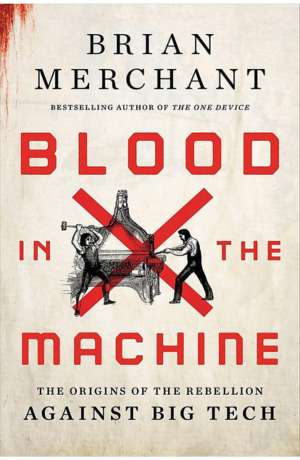
The most urgent story in modern tech begins not in Silicon Valley but two hundred years ago in rural England, when workers known as the Luddites rose up rather than starve at the hands of factory owners who were using automated machines to erase their livelihoods. The Luddites organized guerrilla raids to smash those machines—on punishment of death—and won the support of Lord Byron, enraged the Prince Regent, and inspired the birth of science fiction. Today, technology imperils millions of jobs, robots are crowding factory floors, and artificial intelligence will soon pervade every aspect of our economy. How will this change the way we live? And what can we do about it?
This blog post was created by librarians from Park City Library with help of information found in NoveList – a database which is free with your library card. NoveList is a comprehensive reading recommendation resource.
